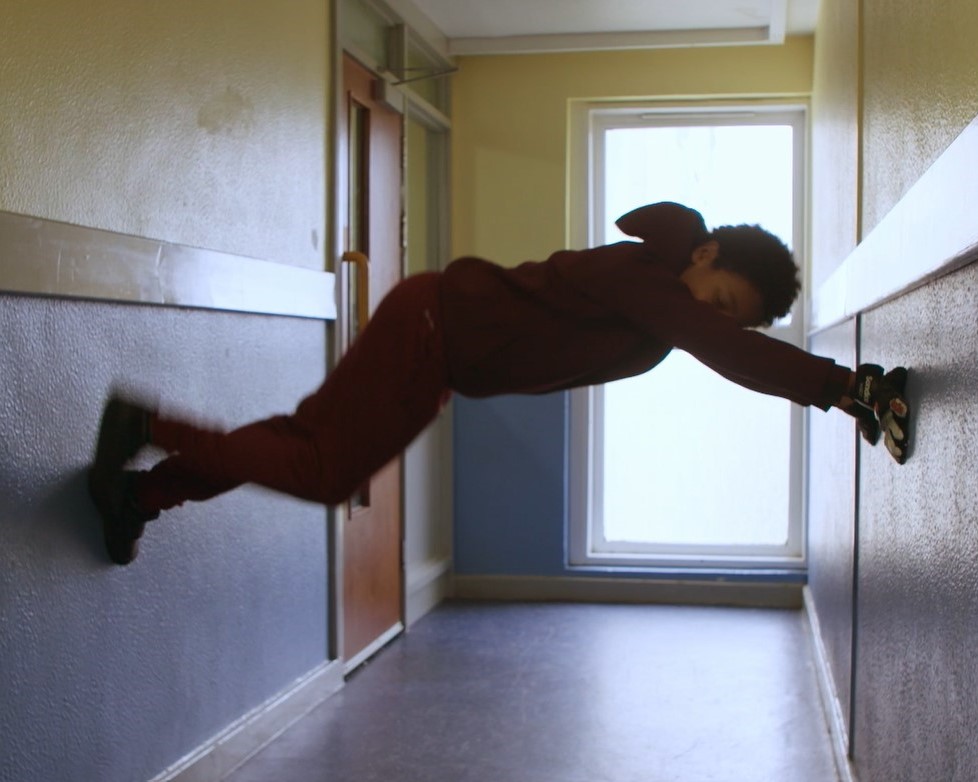Films explore physical and mental health impacts of poor living conditions
We speak to the team behind four short films commissioned by University of Bristol’s TRUUD research programme.
‘It’s important to recognise the impact of our urban environment and housing on health, mental health and well-being,’ Dr Andy Gibson, Associate Professor in Patient and Public Involvement, tells Social Care Today. ‘These films are part of our research to reach key decision makers, especially in government and industry, and illustrate the impact and costs to services. They’ve had 10,000 views so far and are a useful tool for anyone who works with families or individuals to understand the impact of unhealthy places.’

Image courtesy of TRUUD
The four short films detail first-hand experiences of overcrowding, lack of green space and damp, noisy or polluted environments, and the impact of such conditions on respiratory illnesses, mental health, child behaviour and quality of life.
The University of Bristol’s TRUUD research programme commissioned the films as part of its wider remit to reduce non-communicable disease – such as cancers, diabetes, obesity, mental ill-health and respiratory illness – and health inequalities linked to the quality of urban planning and development.
The scale of the issue is one thing. In England, some 708,000 households are overcrowded. But the films provide a direct, concise and moving insights into the consequences of such conditions.
In the first of the films, single father Samuel tells us about the impact of living in a one-bedroom flat with his two sons, aged nine and six. Lack of space means that all three share the same double bed. There’s a lack of local amenities, and what might have been a play area for the children suffers from blocked drains and the paraphernalia of drug use. The stress Samuel is under to keep his children safe has led to him being put on medication. And his children are suffering, too: ‘In Year 4, I fell asleep in school,’ one of Samuel’s sons tells us. ‘I will get all fidgety and irritated [at school], and I start to mess around.’ Concentration, behaviour in class and educational attainment are all affected.
The four films are already being used in discussions with government and the commercial development industry. Improve urban planning policy and practice in the UK, goes the line of thinking, and we’ll see wider social benefits.
Dr Rosalie Callway, Healthy Homes campaign manager at the Town and Country Planning Association, says: ‘It is incredibly shocking to witness the dire housing conditions that children, families and individuals are living in around the country – conditions that make people unwell. Such homes harm childhood development by preventing children from being able to play, study or even sleep properly. It also makes parents unwell, so they are less able to support their families or work. This situation is entirely preventable.
‘The government says current regulations and policies are good enough. But that clearly isn’t the case. We are calling on the government to create a national healthy homes strategy and plan, in partnership with developers, landlords, housing providers and community actors. We urgently need more homes but we must ensure they are built in the right way and in the right places. This means homes that are not just ‘decent’ but also resilient, inclusive, genuinely affordable, and provide a safe haven that allows people to thrive, as a connected part of their communities.’
In related news:
‘Trouble’: The play that is working to end child exploitation















